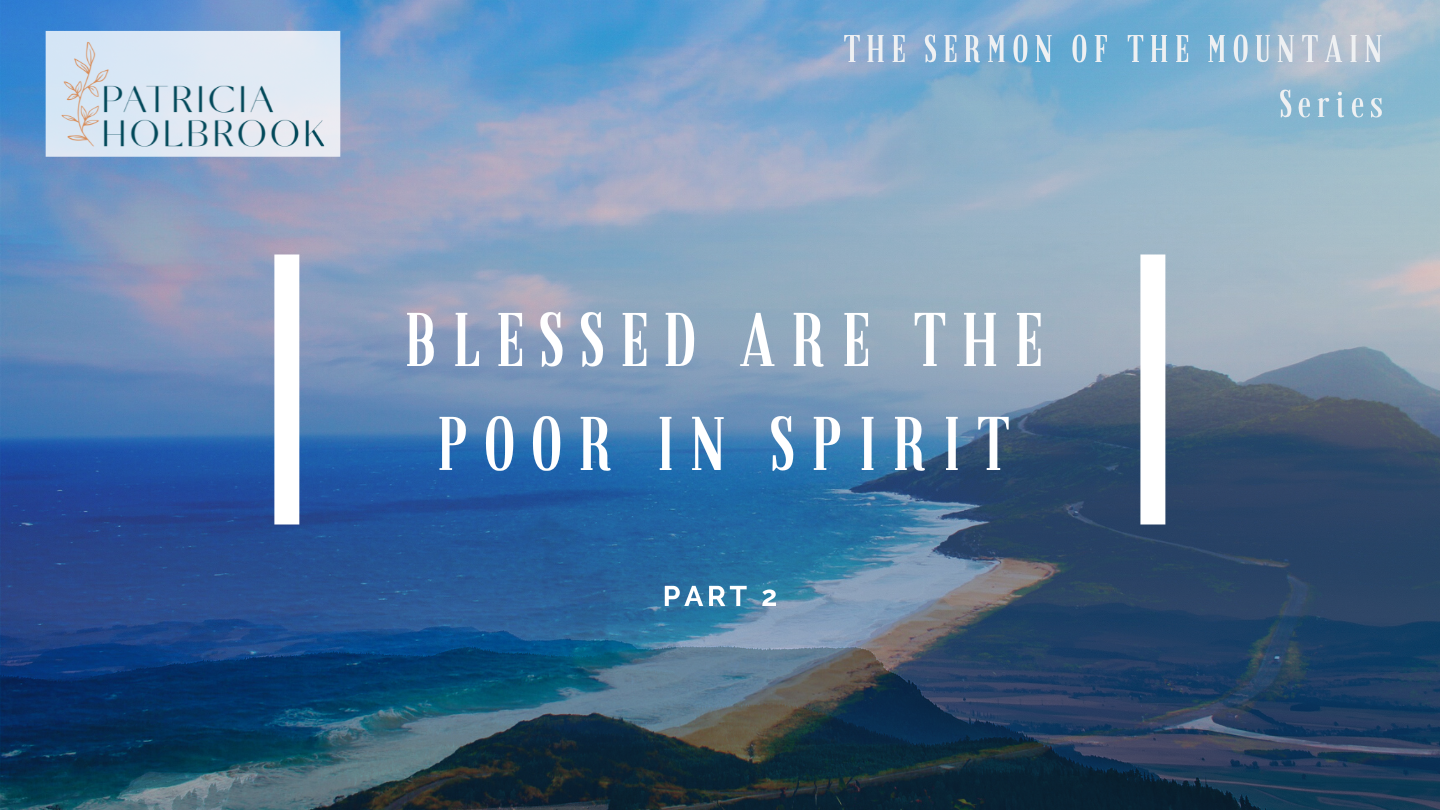The Sermon of the Mount SeriesUddrag


The year is not certain, but because we know Jesus Christ's ministry lasted approximately three years, it is fair to say that the Sermon of the Mount took place around 30 A.D.
The very Man whose birth established the beginning of the calendar as we know it today sat on top of a mountain in Galilee to preach the longest and fullest continued discourse recorded in the Gospels.
The Sermon of the Mount is believed to have been delivered at the beginning of Christ's ministry, after His baptism by John the Baptist, and after His many miracles in Judea and Galilee.
The sermon focused on teaching His newly appointed 12 disciples and the multitude that followed Him on the New Covenant's standards of righteousness.
The words have possibly been the most repeated preaching since the first century. It is a practical discourse that transcends the credenda of Christianity and bleeds into humanity's yearnings; for gentleness, comfort, mercy, and peace are gifts desired by all.
The first sentence out of Jesus' mouth sets the tone that revolutionized the beliefs of first-century Jews:
"Blessed are the poor in spirit, for theirs is the kingdom of Heaven." Matthew 5:3.
I confess that I was puzzled by the first line of the Beatitudes for a long time. At first glance, both in my native language, Portuguese, as well as in English, the word "poor" conveys a negative meaning, and one would think that Jesus would want his followers to be spiritually "rich."
However, a study of the sermon's context and the Greek language opens our eyes to the more profound and strategic meaning of those first words.
As Jesus performed miracles, multitudes followed Him — some seeking His gifts, others out of mere curiosity.
While the onset of His ministry involved many signs and wonders, Scriptures also say that He taught in synagogues, confronting many of the teachings of the Pharisees.
These first-century teachers of the law associated righteousness with observing Jewish feasts, following rituals, and abiding by endless rules, many of which had been established by rabbis throughout Israel's history as supplements to the law of Moses as documented in the Torah.
Christ confronted their teachings as legalistic rather than spiritual, and the first words on the Sermon of the Mount clarify that position: "Poor in spirit" in Greek refers to the humility needed by those who seek God.
The poor in spirit (otherwise also translated as "the meek" or "the lowly") are those who humbly acknowledge their need and dependence on God. Those find the blessedness and joy of having access to the Father.
Humility and dependence. I cannot help but smile as I realize the connection between Jesus' first words, as recorded in his first sermon, and his advent to this world.
The King of kings was born in the lowliest of places—a manger. The little Baby whose birth distressed the great Herod, moved wise men to travel for months to bear Him gifts, and ultimately changed history like no one else before or since, came to the world as a modest carpenter's son.
Messiah, born as an entirely dependent baby, reminds us, as a grown Man, that if we are to be blessed by God, we are to humbly depend on Him.
As I think about how society celebrates notoriety and wealth, I am challenged to connect Jesus' humble birth to His words on the mountain that day.
Blessed are those who are humble as the Baby in the manger … humble to acknowledge that nothing they can do gives them access to an almighty, righteous God.
Humility and dependence are indeed the heart of Christianity. They are also the key to God's heart.
Also, read Luke 14:7-11:
Question: How does realizing the true meaning of being "meek" (dependent and humble before God) challenge you in your walk with Christ?
Om denne plan

Are you ready to take a journey with me to unravel the mysteries and teachings of Jesus on the Sermon on the Mount? With thought-provoking questions and deep reflections, The Sermon of the Mount Series will challenge your faith and help strengthen your faith walk and testimony. Join us now for a challenging study on this important passage of Scriptures!
More









